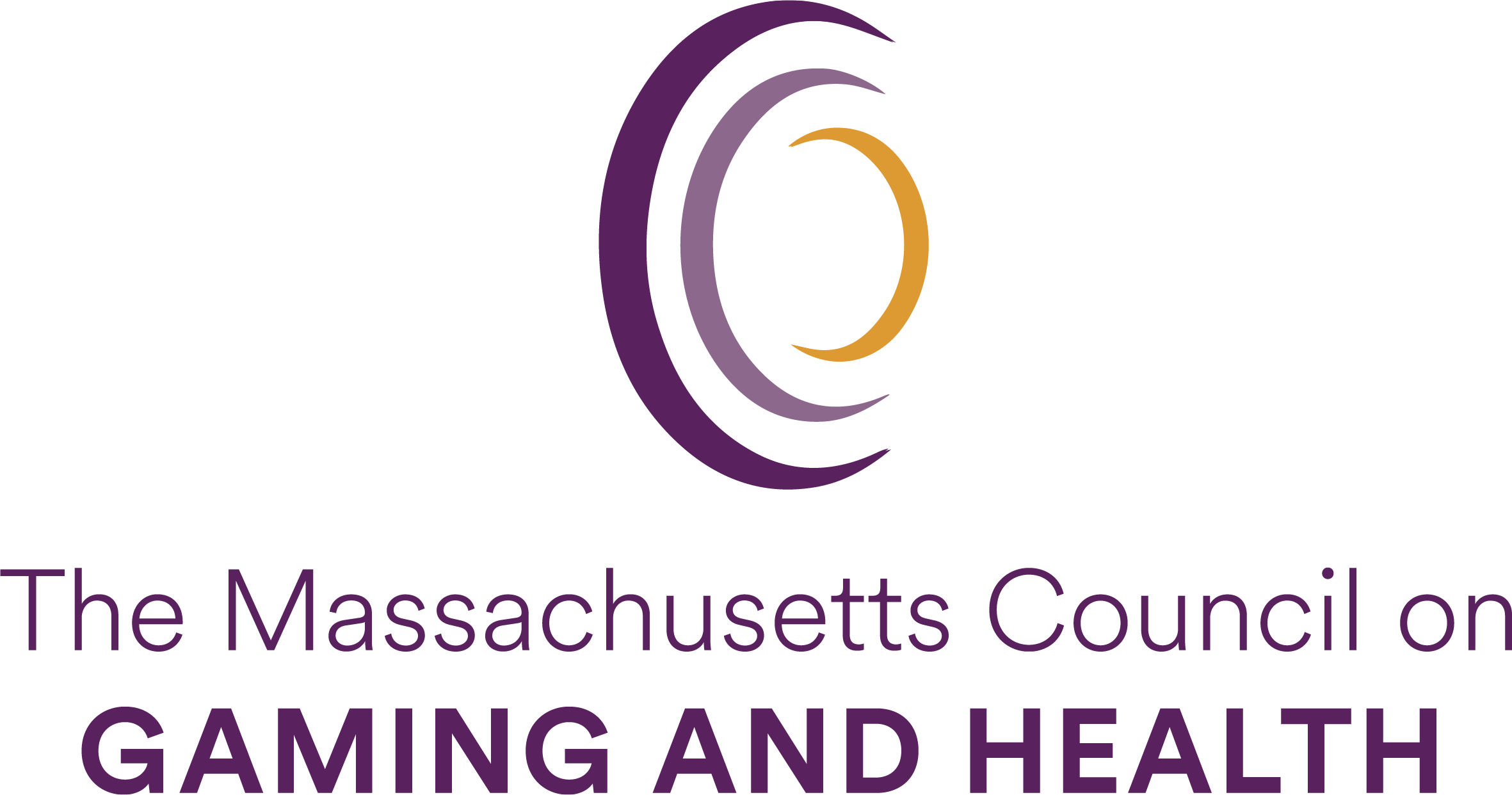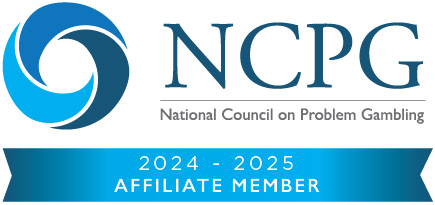For Immediate Release:
December 16,2020
Contact: Phil Sherwood, Director of Communications & Marketing
Email: psherwood@macgh.org
Phone: 857.246.9586
MACGH Says Hottest Holiday Video Games May Be Predatory
Popular video games marketed towards kids may have hidden costs and include gambling related activities
Boston, MA—The Massachusetts Council on Gaming Health (MACGH) advises parents to not only pay attention to the amount of screen time and the amount of violence their children are consuming but also what the game is offering up in terms of in-game purchases and options to gamble—especially as they consider their holiday shopping lists and purchases.
“The worlds of video gaming and gambling are converging,” said Marlene Warner, Executive Director of MACGH. “Gambling components, bought with real-world money, are embedded in kids’ video games like Fortnite and Call of Duty.”
MACGH, neutral on the issues of legalized gaming and gambling, wants parents and guardians to be aware of the games that the young people in life are playing and being able to ask questions such as:
- Who is providing the money to make purchases?
- Are those purchases connected to a credit card that the player is authorized to use?
- Do they know the definitions of a microtransaction and a loot box?
- Do they know where to turn for help?
Concerns for MACGH go beyond the hidden costs associated with the games and worries that some of the aspects of these video games may increase the likelihood that the child develops a future gambling problem.
“We know kids are asking for these games – especially around the holidays – and many of them will end up appearing under the Christmas tree. We also know parents struggle to determine whether the games are appropriate for their kids and are later shocked to learn of the hidden costs, adult content, and gambling related activities present in the games,” stated Warner.
MACGH has provided some useful definitions and a grid of high interest games this holiday season along with some tips of and what to look out for.
Video game microtransaction—It refers to an in-game purchase, typically for a small fee. Most of the time the purchase does not hold any monetary value outside of the game.
Loot box—It refers to a video game microtransaction in which the player offers money to unlock an unknown prize, box, container, opportunity, etc. The items contained in this “box” can be one or more virtual items with varying values or options in the game. These values are randomly assigned. The player may be aware of the types of items in the loot box prior to purchase but will not know the specific reward until opening the box. A player may purchase loot boxes, individually or in packages, with real money or in-game currency.
Spending limits: a way to control how much money a player has access to in the game. Players are unable to spend money if they are not given access to money. Every gaming console has a way for a player’s money or wallet to be restricted. Check out ESRB for more information based on your gaming console.
| 2020 Video Games and Age-Rating | VG Microtransactions Allowed? | Loot Boxes Exist or Pay to Play Aspects? |
| Call of Duty: Cold War;
Rated M for Mature, 17+ |
Yes | No, but there are spin offs that are |
| NBA 2k21;
Rated E for Everyone |
Yes | Yes |
| FIFA 21;
Rated E for Everyone |
Yes | Yes |
| Star Wars: Squadrons;
Rated T for Teen, 13+ |
No | No |
| Mortal Kombat 11
Rated M for Mature, 17+ |
Yes | No |
| Grand Theft Auto 5: The Diamond Casino and Resort
Rated M for Mature, 17+ |
Yes | Yes, but there is literally gambling allowed |
| Among Us
Rated E for Everyone, 10+ |
Yes | No |
| Assassin’s Creed Valhalla
Rated M for Mature, 17+ |
Yes | No |
| Watch Dog: Legion
Rated M for Mature, 17+ |
Yes | No |
| Rocket League
Rated E for Everyone, 10+ |
Yes | No |
| Roblox
Rated E for Everyone, 10+ |
Yes | Yes |
About MACGH:
The Massachusetts Council on Gaming and Health (MACGH) is a statewide non-profit agency that promotes public health by mitigating the negative personal and community impacts of gambling and gaming.
We accomplish our mission through training and education, federal and state advocacy, research and gaming play information, and prevention and recovery programs. We serve individuals who game and gamble, and their loved ones. Since its inception in 1983, the Mass. Council has taken a neutral stance on legal gambling and gaming and worked with key stakeholders such as gaming operators, vendors, and regulators, clinicians, people in recovery, and other community-based agencies.





